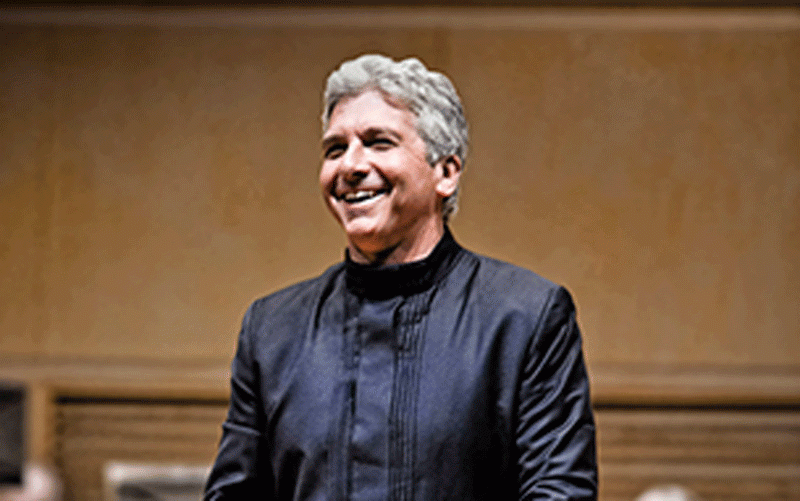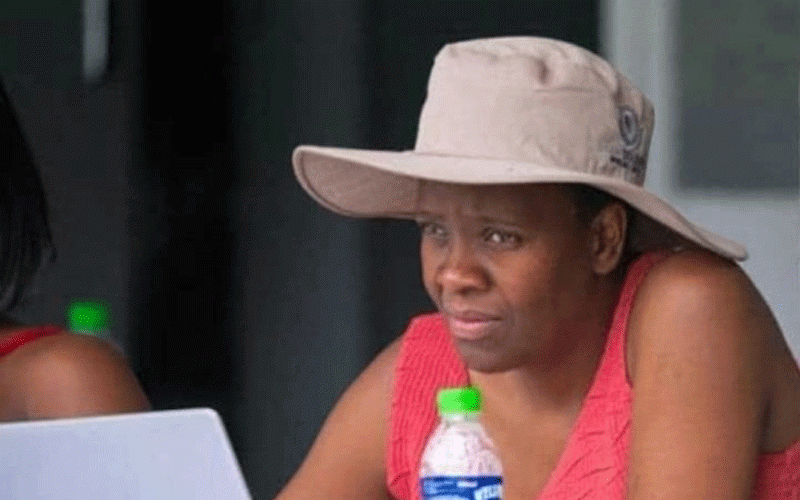
HE came nowhere near playing the game of football professionally and has no meaningful soccer history to talk about.
By Nyambira Chivasa
His football history seems to be confined to social soccer, but Masvingo City Football Club head coach Faustino Mugeji — a former street cobbler who has traded the sewing awl for coaching — is making strides in a field that is dominated by former professional footballers.
Standardsport caught up with Mugeji at Mucheke Stadium where he was conducting a training session with Masvingo City FC.
He has coached the team since its inception last year and finished on a respectable seventh position.
To prove true the saying; “Best coaches of football are found on the terraces”, Mugeji was inspired by merely watching and analysing football matches during his spare time. This pushed him to take up coaching starting right from primary school level.
His first port of call was Runyararo Primary School in 2009, which he took to the National Association of Primary School Heads (Naph) games in Gweru and provincial finals in Harare. However, was later disqualified because he was not a bonafide employee of the school.
- Chamisa under fire over US$120K donation
- Mavhunga puts DeMbare into Chibuku quarterfinals
- Pension funds bet on Cabora Bassa oilfields
- Councils defy govt fire tender directive
Keep Reading
In that same year, Mugeji tried to come back to playing football at Masvingo United, but an injury made sure he never played professionally again.
He then joined Mucheke High School in the capacity of a volunteer coach in 2010 and took them to the semi-finals of the then Peter Ndlovu Trophy, which he lost to Dewure High School.
After attaining a Level Two coaching certificate in 2012, he joined the Great Zimbabwe University team as a volunteer coach and assisted the team to get into the unfashionable world of Division Two in 2013 and later helped them gain promotion to Division One. Unfortunately, the team failed to play in that league since the institution had no resources to sustain the club.
Mugeji left to join Masvingo City FC in 2015 as head coach and is now armed with a CAF C coaching licence.
The most forgettable period of his career was 2012 when he took charge of Masvingo United’s preseason coaching.
“My real test in coaching came in 2012 when I coached Masvingo United during pre-season preparations. The fans would have none of it. They said their club could not be coached by a mere cobbler and I was called all sorts of names,” Mugeji said.
“The supporters thought that they were mocking me but in actual fact, they were strengthening me and I had to prove them wrong. In a pre-season friendly match against Chapungu FC, I managed to snatch a goalless draw and also drew 1-1 with Mushowani Stars. After that confidence started creeping into supporters, but that is the time I left the team, when they had started thinking, there is a good coach.”
Olivarth Guvuriro, director of sports at Great Zimbabwe University said Mugeji had attributes of a good coach and should be given the chance to prove himself.
“The young man has attributes of a good coach and I strongly feel that if he is given room and all the support, he can take any club to great heights.”
“I have known Mugeji since 2012 when he joined us as a volunteer coach for our university football club. He assisted the team to get into Division Two in 2013 and helped the team gain promotion to Division One in 2014. Unfortunately, we had no resources to sustain the club and that’s when he left us to assist other clubs,” said Guvuriro.
Mugeji said despite the Una-Una fiasco where he was mocked owing to his previous job, he now commanded a lot of respect from players and supporters. “Being appointed head coach for a team ahead of retired professional football players sums up the amount of trust football stakeholders have in me and I really appreciate that. This will help in fulfilling my dream of coaching abroad.”
Mugeji is, however, sometimes caught in between his two careers.
“Sometimes I have contemplated returning to the shoe repair business because coaching, especially in Division One, is not as lucrative as it used to be,” he said.












